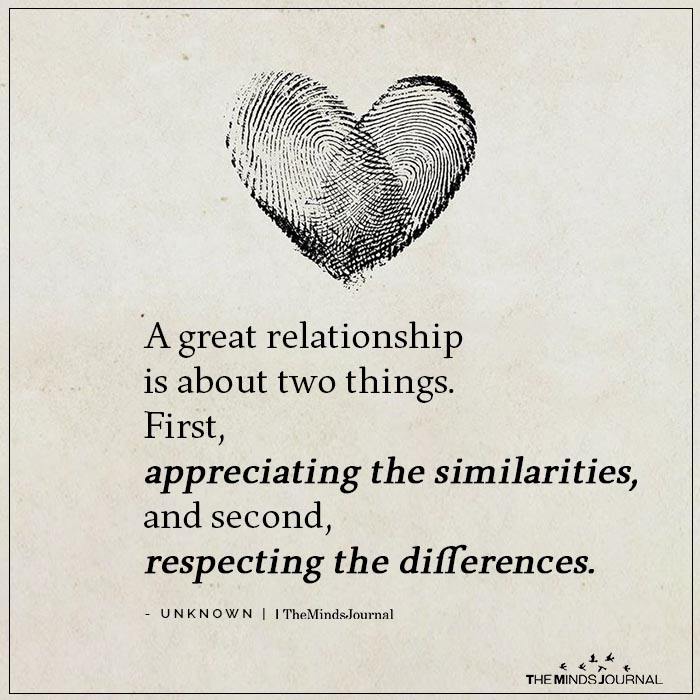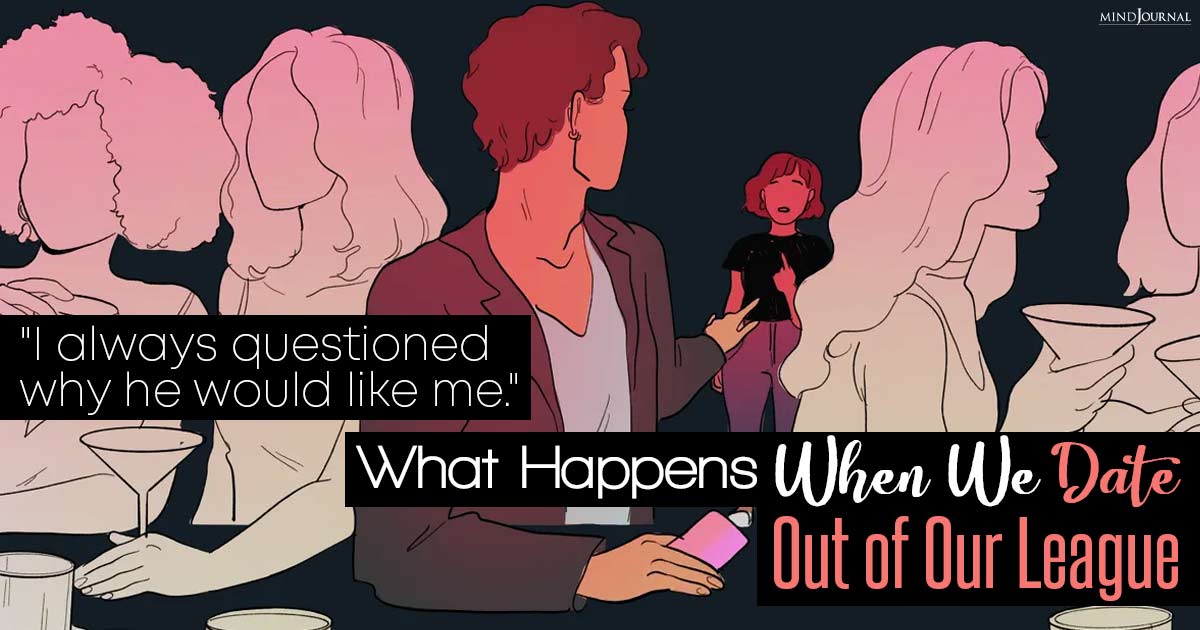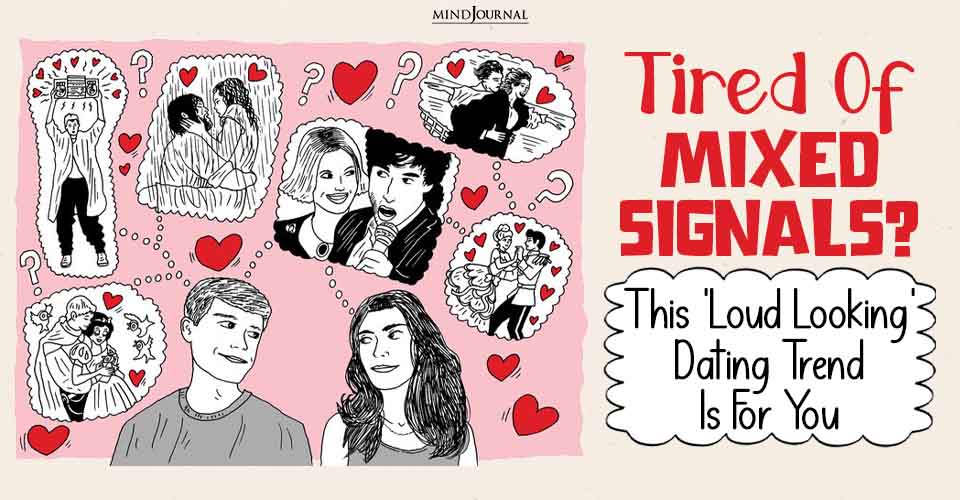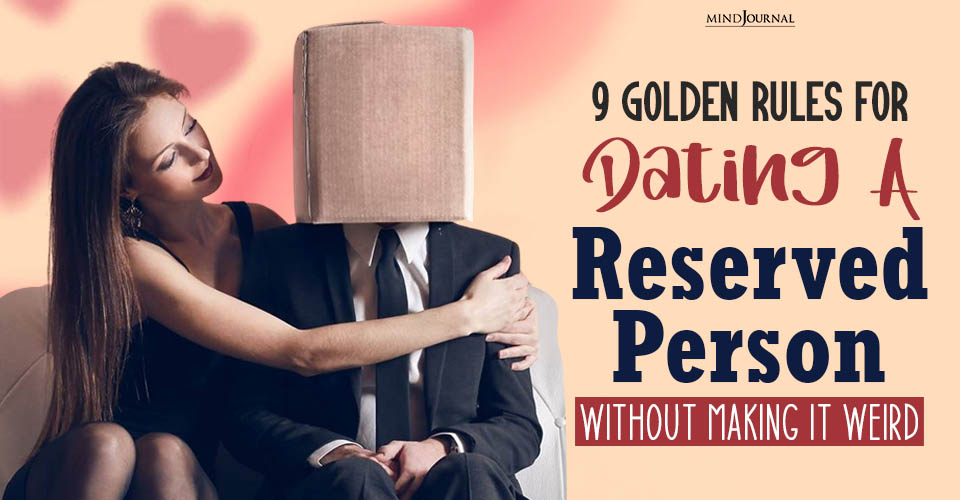What happens when we date out of our league? Is dating out of our league an exception or a norm? Let’s find out more about what it means when we date out of our league and how important equality in romantic relationships are.
Key Points:
- Desiring superior potential partners, who are about 25 percent more desirable than how we see ourselves, is the norm.
- Revising the importance of personal characteristics and reevaluating the disparity between partners helps reduce inequality between them.
- Significant gaps between romantic partners are toxic, while small gaps can be valuable in some circumstances, such as romantic relationships.
“When I dated this guy I felt was out of my league, it always made me question why he liked me and why I couldn’t be as smart as him when I was putting in so much effort. It honestly took a toll on me, considering I dated him for a year.” — Morgan
The value of equality in close relationships has been cherished in both philosophical and empirical studies.
Discussions on equality in romantic relationships focus on two major kinds: (a) an equal status and autonomy and (b) an equal sense of the person’s overall value. The first factor is hardly disputable, while the second, my focus here, is divisive.
Notwithstanding the value of equality, many people dream of marrying someone superior to them. The Cinderella story, where a young, poor woman marries a king, exists in many cultures. But would we really want to date someone out of our league?
Related: Romantic Inequality: How It Can Lead To Extramarital Affairs
The Advantages And Risks Of A Superior Partner
“My husband was way smarter than I am, but we were equal in everything else. I totally loved being with someone so smart. I don’t know exactly how I would feel if someone were a multimillionaire or a super athlete, but I suspect I would like it as much as I enjoy intellect.” — Maureen
Superior partners can uplift us from our inferior circumstances by providing the characteristics and social advantages that we lack. In the short term, inequities might give rise to great admiration, which increases love and sexual desire.
Because of this, those who can provide us with an elevated social status, such as the rich, the famous, and the powerful, generate more intense sexual desire and satisfaction.
However, in the long term, significant inequalities become problematic for both sides, whereupon superficial short-term goals, such as associating with a famous person, become of less importance.
It follows, then, that inequality of a person’s overall value may cause inequality of status, expressed in a lack of reciprocity.
Significant inequality is indeed harmful for both sides. Thus, one study found that such inequality encourages extramarital affairs. This is the case for both the “superior” person, who feels that she could do better, and the “inferior” one, who feels indignant at being unappreciated by the partner.
Equality is significant for promoting meaningful, pleasant interactions over time (Prins et al., 1993). Realizing that your value is lower than that of your partner, or vice versa, injects lethal poison into the relationship for both partners.
Feeling that we or our partner “are not in the same league,” which grades romantic partners like we grade beauty queens and football teams, is humiliating (Ben-Ze’ev, 2019).
Significant inequalities in a couple’s overall values are problematic for an enduring loving relationship. What about minor inequalities?
Small differences between partners are meaningful but often work differently in generating negative and positive emotions. For instance, if someone feels the negative emotion of envy, he may focus on the competitive and comparative elements between him and his partner.
Jon Elster (1991) speaks about “neighborhood envy,” where each person within a hierarchy primarily envies the person immediately above themselves.
Indeed, one study found that most high-achieving men report that they would like to marry, or have already married, a woman who is as smart as, or smarter than, they are.
These men believe that, in marrying such a woman, they have made a smart deal (Whelan, 2006). Another study found that approaching potential partners who are more desirable than oneself is not just an occasional act of wishful thinking; it is the norm.
However, there is a limit to the desirable gap: Both men and women pursue partners who are on average about 25 percent more desirable than themself (Bruch & Newman, 2018).
When feeling positive emotions such as romantic love, small gaps between partners enhance love since the cooperative concern is associated with increasing the prospects of having a better life. Partners are unconcerned with their inferiority because, in this sense, minor inequality does not humiliate them.
Our attitude toward inequality is not merely shaped by our positive or negative attitudes toward the other but also by a temporal dimension. In the short term, inequalities can produce admiration, thereby increasing feelings of love and sexual desire.
In this sense, brief casual sexual encounters are typically more exciting with someone who is different or superior to us, such as our boss, the rich, or the famous (Ben-Ze’ev, 2023). In the long term, significant inequalities become problematic for both partners.

Managing the Distance
“My wife does not want my lover to be superior so that she isn’t a threat to her. However, she does not want the lover to be far inferior to her as this somehow belittles her.” – A polyamorous husband (cited in Carmi & Sade-Saadon, 2022).
Certain inequalities in the overall value of each partner are inevitable. However, evaluating these inequalities requires some leeway on the couple’s part. They must (a) decide how to reduce the inequality gap and (b) reevaluate the importance given to each characteristic.
Of course, deciding on a partner’s overall value is not a matter of giving scores. Significant characteristics such as wisdom, beauty, and kindness involve some flexibility.
Indeed, when asked whether his wife is wise, beautiful, and kind, one man replied, “She is neither stupid nor ugly, but she is extremely kind.” This man gave his wife “low scores” in wisdom and beauty—though not a zero— while increasing her overall value by taking into account her kindness.
Deciding on the comparative value of both partners not only reveals the small and large differences between them but also gives each characteristic relative importance. This man greatly admires his wife for her kindness, which he considers to be more important than wisdom and beauty.
Similarly, a woman may say that she perceives her spouse to be as handsome as he was when she first fell in love with him, but this no longer matters to her, since the importance of his negative characteristics has increased so much in her mind that she no longer loves him.
Moreover, it was found that despite the considerable damage that unequal division of domestic labor has on relationship satisfaction when individuals feel appreciated by their partners, they maintain satisfaction even when the division of household labor is unequal (Gordon et al., 2022).
Women, more so than men, may also diminish the level of inequality by “playing down” their advantages, thereby maintaining their love of the “inferior” person. This action may be a temporary, superficial remedy, though, in the long term, the actual overall value of the partner is likely to emerge.
Related: Why Women Should Stop Putting Marriage Ahead Of Career
Concluding Remarks
Having an equal standing in a relationship is important for its long-term quality and satisfaction. However, there are various domains of comparison, and it is up to the lover to determine the relative value of each one.
Accordingly, considering our partner as superior or equal to us partly depends on our values. In profound love, the comparison between the partner and others is of little concern; you love the person because of who the person is and not because of how they rate compared to you.
Profound love, whose bread and butter consists of shared activities and experiences, involves autonomy and equality of status. The presence of overall equality of meritocracy is less significant if the differences are not too great.
References:
Ben-Ze’ev, A. (2019). The Arc of Love. University of Chicago Press. Ben-Ze’ev, A. (2023). Is casual sex good for you? Casualness, seriousness and wellbeing in intimate relationships.” Philosophies, 8(2), 25. Bruch, E. E., & Newman, M. E. J. (2018). Aspirational pursuit of mates in online dating markets. Science Advances, 4(8), eaap9815. Carmi, Z. & Sade-Saadon, L. (2022). A Few Is the New Two. Elster, J. (1991). Envy in social life. In: R. Seckhauser (ed.), Strategy and Choices. MIT Press, 49–82. Gordon, A. M., Cross, E., Ascigil, E., Balzarini, R., Luerssen, A., & Muise, A. (2022). Feeling appreciated buffers against the negative effects of unequal division of household labor on relationship satisfaction. Psychological Science, 33, 1313–1327. Prins, K. S., Buunk, B. P. & Van Yperen, N. W. (1993). Equity, normative disapproval and extramarital relationships. Journal of Social and Personal Relationships, 10, 39–53. Whelan, C. B. (2006). Why Smart Men Marry Smart Women. Simon & Schuster.
Written By Aaron Ben-Zeév Originally Appeared On Psychology Today










Leave a Reply